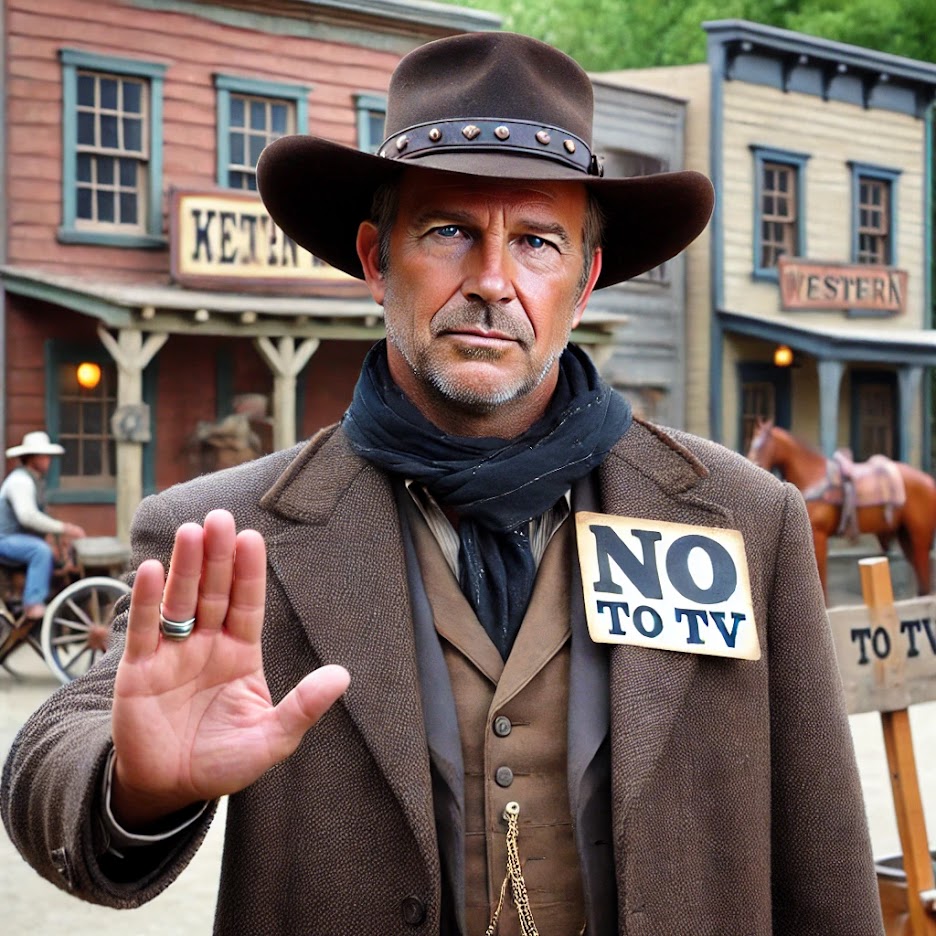Why Moviegoers Aren’t Buying Into The 10-Hour Miniseries
Kevin Costner’s ambitious project, “Horizon: An American Saga,” is a testament to his dedication to filmmaking. Costner invested a staggering $38 million of his own money—potentially even $50 million—into the creation of this sprawling Western epic. Despite this commitment, the film's box office performance has been disappointing, highlighting a critical lesson in modern cinema: movies are not television.
Costner, renowned for his dedication to the art of movies, took a significant financial risk with “Horizon.” This Western saga, set to be released in four chapters, has struggled to capture the audience's interest. The first chapter’s opening weekend grossed only $11 million against a $100 million budget, making it a potential financial disaster.
The Gamble of Self-Financing
Investing personal funds into a movie project can be seen as a double-edged sword. On one hand, it signifies a filmmaker’s passion and commitment to their work, much like Mel Gibson’s success with “The Passion of the Christ.” On the other hand, it can lead to significant financial losses if the film fails to resonate with audiences. Costner’s decision to self-finance “Horizon” was rooted in his belief in the project, but the initial returns have been discouraging.
The Television Influence
Costner’s recent resurgence in popularity, largely due to his role in the hit TV series “Yellowstone,” appears to have influenced the structure of “Horizon.” The film’s episodic nature, intended to unfold over more than 10 hours, mirrors the storytelling style of television rather than traditional cinema. This approach, while successful on the small screen, has not translated well to the big screen.
“Horizon: An American Saga — Chapter 1” was received with mixed to negative reviews at the Cannes Film Festival, with critics highlighting its lack of immediate engagement. The film’s structure, introducing numerous characters without delving into the core narrative, felt more like the setup for a miniseries than a standalone movie. This format can be effective on television, where audiences are accustomed to episodic storytelling, but it falls flat in a cinematic context where a compelling, self-contained story is expected.
The Art of Movie Making
Movies and television require different storytelling techniques. Television series, especially ensemble pieces, often have open-ended narratives that develop over multiple episodes. In contrast, movies need to capture the audience’s attention quickly and deliver a satisfying conclusion within a limited timeframe. The first 40 minutes of a film are crucial in hooking the audience, a feat “Horizon” failed to accomplish according to many critics.
The Future of ‘Horizon’
The future of the “Horizon” saga looks uncertain. With “Chapter 2” set to release in August and “Chapter 3” still in production, there’s a risk that audience interest will wane further. The initial chapter’s lukewarm reception raises doubts about the viability of subsequent installments. If viewers don’t engage with the first part, it’s unlikely they will return for the rest.
Costner’s vision for “Horizon” was to create an immersive, epic narrative. However, the execution has resulted in a fragmented and overly ambitious project that may be better suited for television than the silver screen. The drama surrounding the film’s financial performance has, ironically, overshadowed the drama within the film itself.
Kevin Costner’s “Horizon” serves as a cautionary tale about the risks of blending cinematic and television storytelling techniques. While his dedication to the project is admirable, the lackluster box office performance suggests that audiences aren’t interested in a 10-hour miniseries format in theaters. As Costner continues to develop the remaining chapters, it remains to be seen whether the saga will find its audience or ultimately transition to the small screen, where it may have always belonged.
_____________________________________________________________________
Vertical Bar Media
For more insights into the latest trends in digital media and entertainment, visit Vertical Bar Media.
Source: Variety
Photo Credit: AI
Social Media Hashtags: #KevinCostner #HorizonSaga #MovieMaking #BoxOffice

Comments
Post a Comment